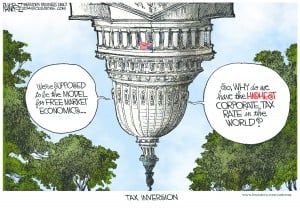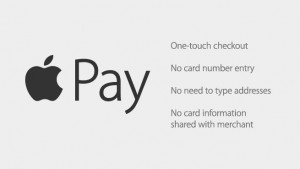Does your doctor use an iPad, tablet, laptop, or computer at any point during your check up? I for one have experienced several doctors utilizing technology during a doctor’s appointment, paying more attention to the technology than my medical concerns.
Information technology is being implemented across the medical industry. Paper has become a nonentity, and more doctors are straying away from the old fashioned version of record keeping. Digitalizing records, and utilizing electronic health records to supervise patients’ medical histories is becoming the new norm. However, productivity will decline if this new technology is not executed correctly.
According to the article, How Electronic Patient Records Can Slow Doctor Productivity, the implementation of electronic health records (EHRs) should be advantageous to all medical institutions, but “in general, larger offices in the study that employed EHRs recorded productivity gains, but certain types of smaller practices lost productivity.”
When EHRs are applied, they can create subtle changes within the practice, thus ultimately changing the way the operation functions. The “communication patterns” of the staff become incompatible, and doctors, nurses, and clinical staff are finding themselves spending more time working on the systems than with patients. This in turn, is extending their workday, they now have to do more work, and they may lose business from disgruntled patients.
EHRs were originally put into operation to promote efficiency and make patient care safer. EHRs allow for “patient data to be shared relatively easily between providers within a given practice” and eliminate the possibility of penmanship errors. The best part about EHRs is that they can immediately detect errors that are made, which makes this type of record-keeping effective and beneficial to the medical field.
Higher levels of production in some medical institutions have seen high productivity; these institutions utilized more EHR usage and increased delegation. Larger medical facilities now hire an EHR staff and that staff becomes responsible for maintaining the data, entering the data, and also helping all other staff with EHRs.
The article hypothesizes that smaller medical institutions are more face-to-face oriented, and focus on establishing a doctor-patient relationship through communication. Additionally, some smaller medical institutions do not have the means to pay for an increase in their EHR systems or an EHR staff to promote delegation within the office.
The article concludes with this statement: “We often look at systems on the basis of their technical capability, the fact that they can store this many records or process that many requests in this period of time. But when we ask how that technology can improve productivity, we have to consider that the true capability of the system depends on the context in which it is adopted.”
Why do you think that productivity declines for some institutions? Do you feel that these new information technology systems are beneficial? Or are they creating a rift in your doctor-patient relationship?
Sources:
Article: http://hbswk.hbs.edu/item/7452.html






